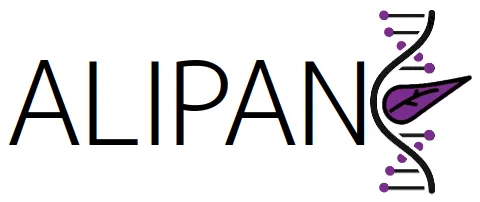The ‘Microbiome, Food and Health (BEA)’ group is formed by researchers specialized in food science, nutrition and its relationship with health and disease, who collaborate closely with clinical researchers with the aim of understanding how diet and lifestyle together with other environmental factors affect the oral and intestinal microbiota, from the point of view of its metabolic functionality, digestive health or microbiome-related conditions in other organs and tissues.
Lines of work: (i) biomarkers – presence or absence of key species, structure of microbial consortia and especially derived metabolites – related to cancer diagnosis, progression and treatment; (ii) development of diet-derived products for therapeutic purposes and personalized therapies based on the intestinal microbiota; (iii) prevention and treatment of multidrug-resistant infections during cancer treatment.
Our research is based on clinical studies and we have extensive experience in ecologically meaningful and representative models of the human gut. The combination with preclinical models allows us to evaluate plausible mechanisms on biological, physiological and pathological processes. In the laboratory we use the latest technologies in metagenomic sequencing, bioinformatics and machine learning, metabolomics and other omics techniques, which we apply in both in vitro and in vivo platforms.


